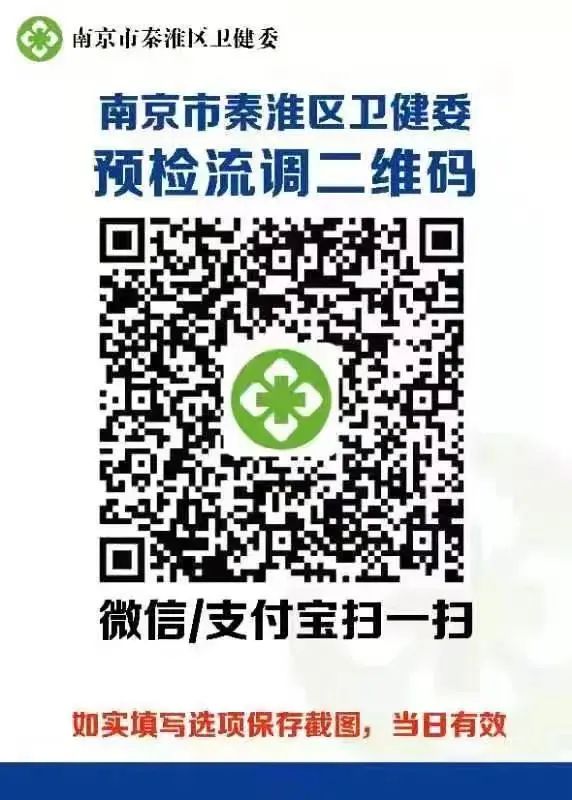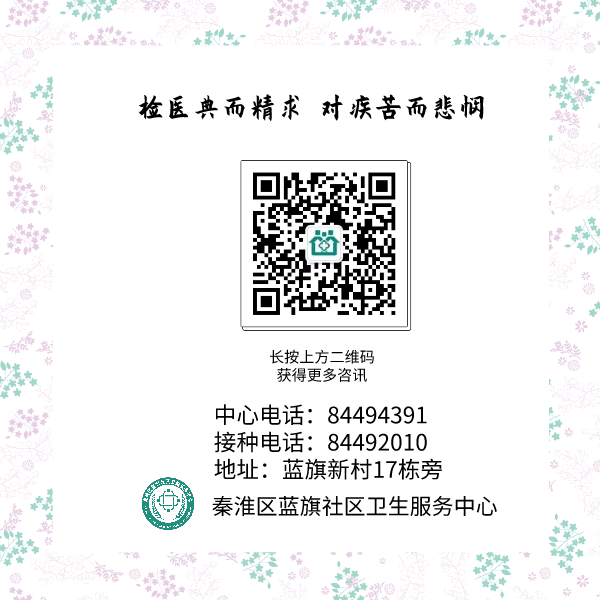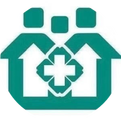
 What is Gao Fang?Gao Fang, also known as medicinal paste, is named after its dosage form and is one of the eight types of traditional Chinese medicine preparations, which include pills, powders, pastes, elixirs, wines, tinctures, soups, and tablets. Gao Fang typically consists of around 20 different Chinese herbs and is made by repeatedly decocting herbal slices, removing the dregs to extract the juice, and then evaporating and concentrating it into a semi-fluid paste form. It has advantages such as high drug concentration, small volume, stable efficacy, convenient administration, pleasant taste, portability, and suitability for long-term use. According to TCM theory, winter is the best season for supplementation, and Gao Fang is considered the optimal choice for winter nourishment. There are two types of Gao: external and internal. External Gao, commonly referred to as “Gao Yao,” is a form of external treatment in TCM, where the medicine is applied to a specific area of the patient’s body to promote blood circulation, remove blood stasis, unblock meridians, dispel wind and cold, and detoxify, thereby achieving therapeutic or health-preserving effects. It is often used to treat surgical and skin conditions and can also be effective for certain internal and gynecological diseases. Internal Gao, known as “Gao Zi,” is customized by physicians based on the patient’s constitution and the specific disease, combining syndrome differentiation and disease differentiation to ensure a “one person, one prescription” approach, making it personalized.
What is Gao Fang?Gao Fang, also known as medicinal paste, is named after its dosage form and is one of the eight types of traditional Chinese medicine preparations, which include pills, powders, pastes, elixirs, wines, tinctures, soups, and tablets. Gao Fang typically consists of around 20 different Chinese herbs and is made by repeatedly decocting herbal slices, removing the dregs to extract the juice, and then evaporating and concentrating it into a semi-fluid paste form. It has advantages such as high drug concentration, small volume, stable efficacy, convenient administration, pleasant taste, portability, and suitability for long-term use. According to TCM theory, winter is the best season for supplementation, and Gao Fang is considered the optimal choice for winter nourishment. There are two types of Gao: external and internal. External Gao, commonly referred to as “Gao Yao,” is a form of external treatment in TCM, where the medicine is applied to a specific area of the patient’s body to promote blood circulation, remove blood stasis, unblock meridians, dispel wind and cold, and detoxify, thereby achieving therapeutic or health-preserving effects. It is often used to treat surgical and skin conditions and can also be effective for certain internal and gynecological diseases. Internal Gao, known as “Gao Zi,” is customized by physicians based on the patient’s constitution and the specific disease, combining syndrome differentiation and disease differentiation to ensure a “one person, one prescription” approach, making it personalized. Who is Suitable for Gao Fang?
Who is Suitable for Gao Fang?
Clinically, Gao Fang is mainly suitable for:
1. Individuals with Weak Constitution:
Patients with a poor constitution due to various reasons, leading to decreased resistance to disease, are prone to colds with slight changes in climate. Gao Fang can help improve the immune system and enhance the body’s ability to resist diseases, thereby reducing the frequency of colds.
2. Sub-Health States:
Modern individuals often face fast-paced lifestyles, high work pressure, and intense labor, combined with smoking, drinking, socializing, emotional stress, and lack of sleep, leading to significant declines in normal physiological functions, resulting in symptoms such as dizziness, tinnitus, blurred vision, back pain, fatigue, palpitations, insomnia, and memory decline, while physical examinations often appear normal.
Gao Zi employs both tonifying and purging methods, primarily focusing on tonification, correcting imbalances, and alleviating diseases through calming the mind and relieving depression, helping to restore the balance of Yin and Yang in the body and return to a normal healthy state.
3. Chronic Diseases:
Such as chronic bronchitis, asthma, chronic diarrhea, chronic heart failure, etc., which recur frequently, leading to imbalances in Yin and Yang and dysfunction of the organs, causing repeated illness or prolonged recovery.
Through the regulation of Gao Fang, deficiencies can be replenished, excesses can be drained, and the balance of Yin and Yang can be restored, ultimately reducing the frequency of recurrences, alleviating symptoms during episodes, and improving the patient’s quality of life.
4. Special Populations:
Such as children, women, and the elderly. Children may suffer from persistent cough, poor appetite, and anemia; women can achieve beauty and anti-aging effects through regulating Qi and blood and calming the mind; the elderly may experience declines in Qi and blood, insufficient energy, and reduced organ function, and can benefit from winter supplementation with Gao Zi to restore the balance of Qi, blood, Yin, and Yang in the organs for anti-aging purposes.
 Currently, due to the convenience and noticeable effects of Gao Fang, along with the increasing health demands of people, more and more individuals are choosing to consult TCM experts for personalized Gao Zi prescriptions. Gao Fang has been particularly popular in regions such as Jiangsu, Zhejiang, and Shanghai, and with the wave of TCM health preservation, the use of Gao Fang for health and treatment is gradually becoming a new trend across other regions in China.
Currently, due to the convenience and noticeable effects of Gao Fang, along with the increasing health demands of people, more and more individuals are choosing to consult TCM experts for personalized Gao Zi prescriptions. Gao Fang has been particularly popular in regions such as Jiangsu, Zhejiang, and Shanghai, and with the wave of TCM health preservation, the use of Gao Fang for health and treatment is gradually becoming a new trend across other regions in China.
Zhuang Qianghui
Lanqi Community Health Service Center
Department of TCM Spleen and Stomach
Zhuang Qianghui, TCM physician, graduated from Nanjing University of Chinese Medicine, studied under the descendants of the Menghe Medical School’s master He Jiheng, and later learned from Director Li Xiuyuan of the Spleen and Stomach Department at Jiangsu Provincial Hospital of TCM, gaining unique insights into the treatment of TCM spleen and stomach diseases.
He is experienced in TCM constitution differentiation and can provide lifestyle guidance and medication adjustment tailored to different constitutions.
Specialties include: functional dyspepsia, Helicobacter pylori treatment, chronic atrophic gastritis, constipation and diarrhea, TCM health guidance, postoperative care for tumors, insomnia, excessive sweating, fatigue, and other sub-health states.
The TCM Spleen and Stomach Clinic offers services such as Gao Fang, TCM foot baths, and TCM tea prescriptions as needed.
Clinic Address: Nanjing City, Qinhuai District, Lanqi Community Health Service Center (Building 17, Lanqi Street, Qinhuai District), 2nd Floor, TCM Spleen and Stomach Department
Due to pandemic prevention and control requirements, all patients entering our center must present their Su Health Code and flow survey code during their visit. For details, please refer to historical articles (click the red text to view):
Notice on Using Pre-Check Flow Survey QR Code
Essential Su Health Code
It is essential for traveling and seeking medical care.



